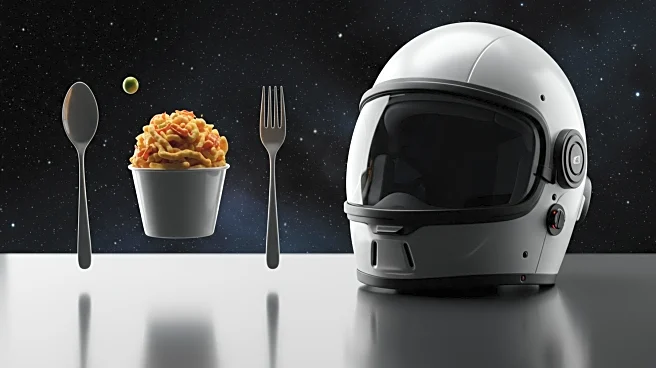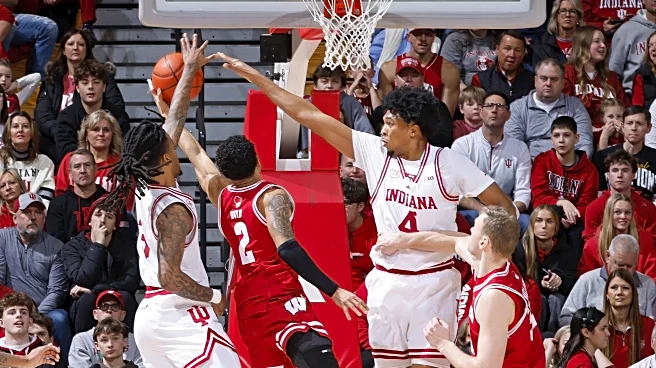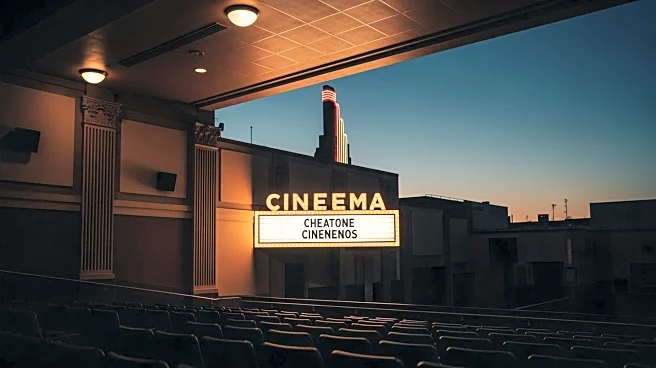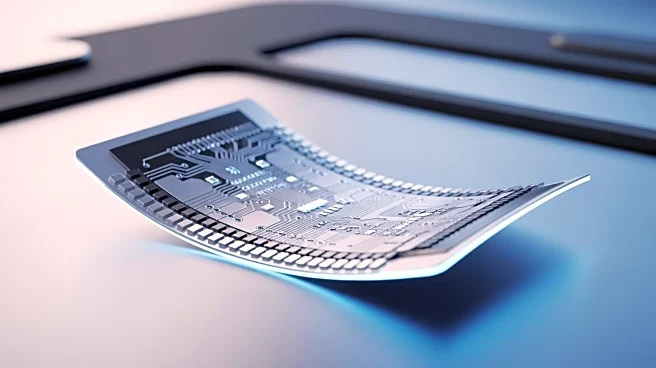What is the story about?
What's Happening?
NASA's Deep Space Food Challenge has led to significant advancements in space food technology, with winners now expanding their innovations through commercial partnerships. Interstellar Lab, based in Merritt Island, Florida, won the $750,000 grand prize for its NuCLEUS system, which autonomously grows microgreens, vegetables, and mushrooms for astronauts. The system includes an irrigation mechanism that minimizes human intervention, aiming to enhance astronaut health and dining experiences on missions to Mars and the Moon. Interstellar Lab has partnered with aerospace company Vast to integrate a spinoff of NuCLEUS, Eden 1.0, on Haven-1, a planned commercial space station. Other winners include Team SATED from Boulder, Colorado, which developed a cooking appliance creating artificial gravitational force, and Team Nolux from the University of California, Riverside, which created an artificial photosynthesis system. These technologies are being tested and commercialized, potentially revolutionizing food production in space.
Why It's Important?
The innovations from NASA's Deep Space Food Challenge are crucial for long-duration space missions, addressing the need for sustainable and nutritious food options for astronauts. These technologies not only enhance the quality of life in space but also have potential applications on Earth, particularly in areas with limited resources. The partnerships formed by the winners could lead to breakthroughs in food production and sustainability, impacting industries beyond aerospace. As space exploration continues to expand, these developments could play a pivotal role in supporting human life on other planets, making space missions more viable and comfortable.
What's Next?
Interstellar Lab's partnership with Vast to deploy Eden 1.0 on Haven-1 marks a significant step in space agriculture research. The integration of these technologies into commercial space stations could lead to further advancements in plant growth research in microgravity environments. Additionally, the ongoing testing and commercialization efforts by Team SATED and Team Nolux suggest that more innovative food production systems may emerge, potentially influencing space mission planning and execution. The upcoming competition inspired by NASA's challenge may also introduce new players and ideas into the field, further driving innovation.














